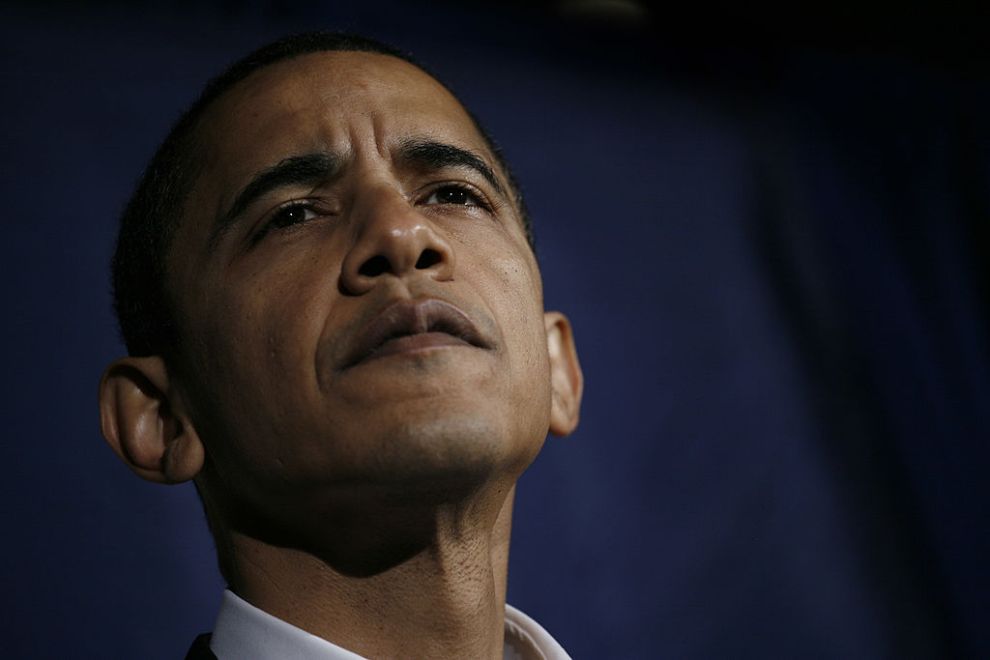In 2008, as Barack Obama was poised to make history as the first Black president of the United States, a sinister plot emerged. A chapter of the Ku Klux Klan in Florida meticulously planned to assassinate the then-Senator just days before the election. This chilling plot was ultimately foiled, thanks to the brave efforts of an undercover FBI informant named Joe Moore.
KKK’s Deadly Plot Uncovered
Moore, who had infiltrated the Klan a year earlier, had been assigned the gruesome task of pulling the trigger. “I had to follow [my orders] and do whatever it took to prevent the assassination of Barack Obama,” Moore recalls in his memoir, White Robes and Broken Badges. The Klan’s plan was detailed, from the timing and location to the destruction of the assassin’s vehicle afterward. However, the group never suspected that Moore was not one of their own, but a counterterrorism informant working with the FBI.
Moore’s involvement in the Klan was part of the FBI’s first undercover operation targeting the KKK. He attended cross burnings, witnessed acts of violence, and participated in rituals—all while secretly gathering information. “The deeper I became entrenched in the Klan, the more of a challenge it became to leave all that at the door when I went home to my wife and son,” Moore writes, highlighting the psychological toll of living a double life.
After successfully thwarting the assassination plot, Moore continued his work against the Klan. In 2013, he infiltrated another group in Florida, this time preventing the murder of a Black man named Warren Williams. However, this mission led to his exposure, forcing Moore and his family into witness protection.
Despite his success in dismantling Klan operations, Moore remains cautious. He warns that the KKK’s influence persists, with former members aligning with modern white nationalist groups. “The Klan and the like-minded groups it has produced have learned to balance bullets with bluster and pistols with paper,” Moore writes, urging vigilance as the fight against hate continues.

